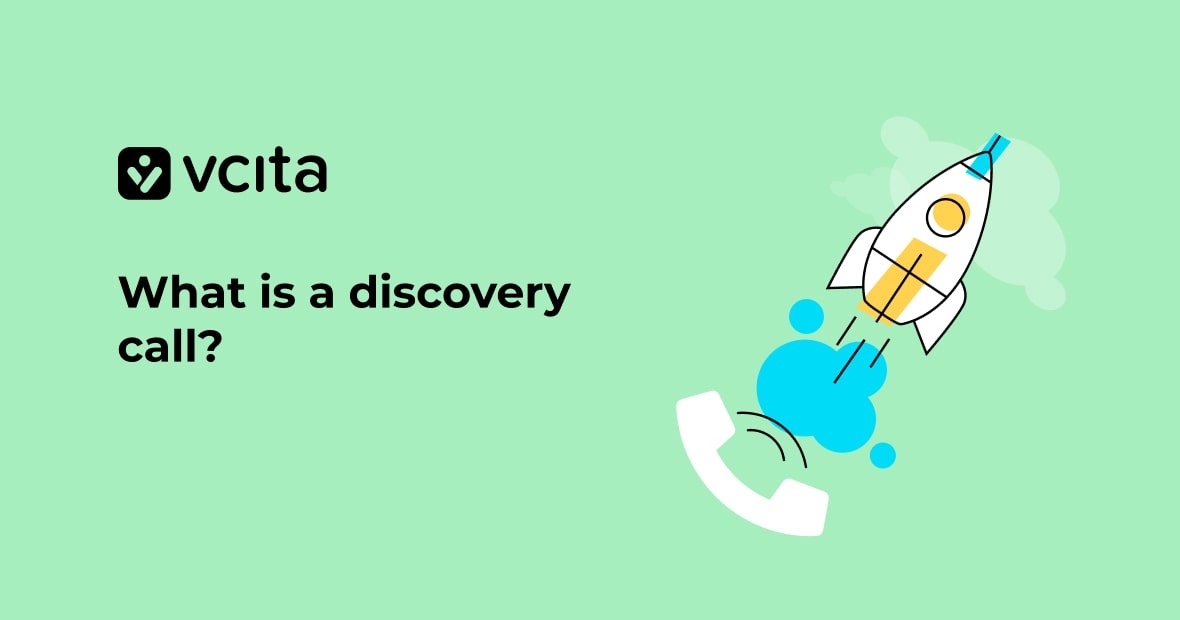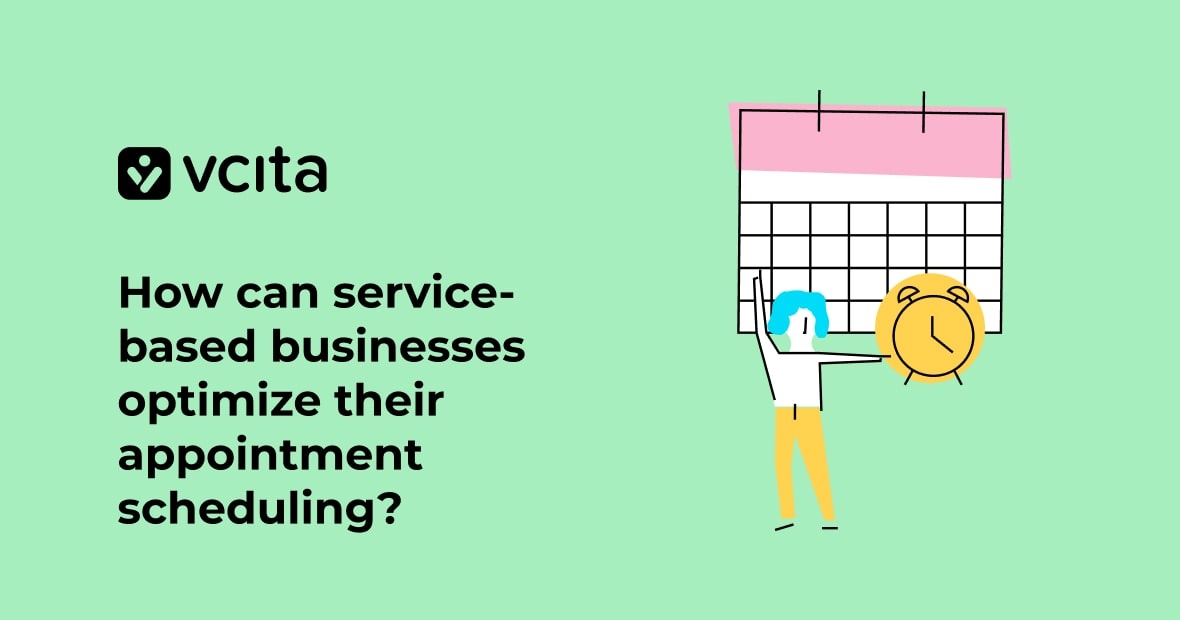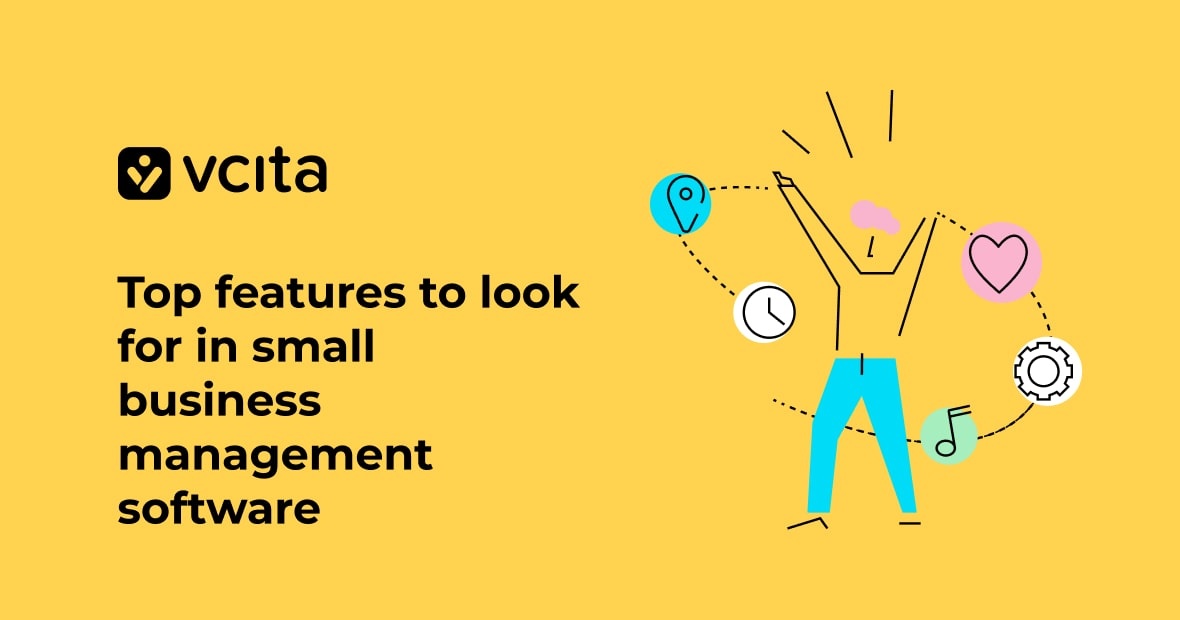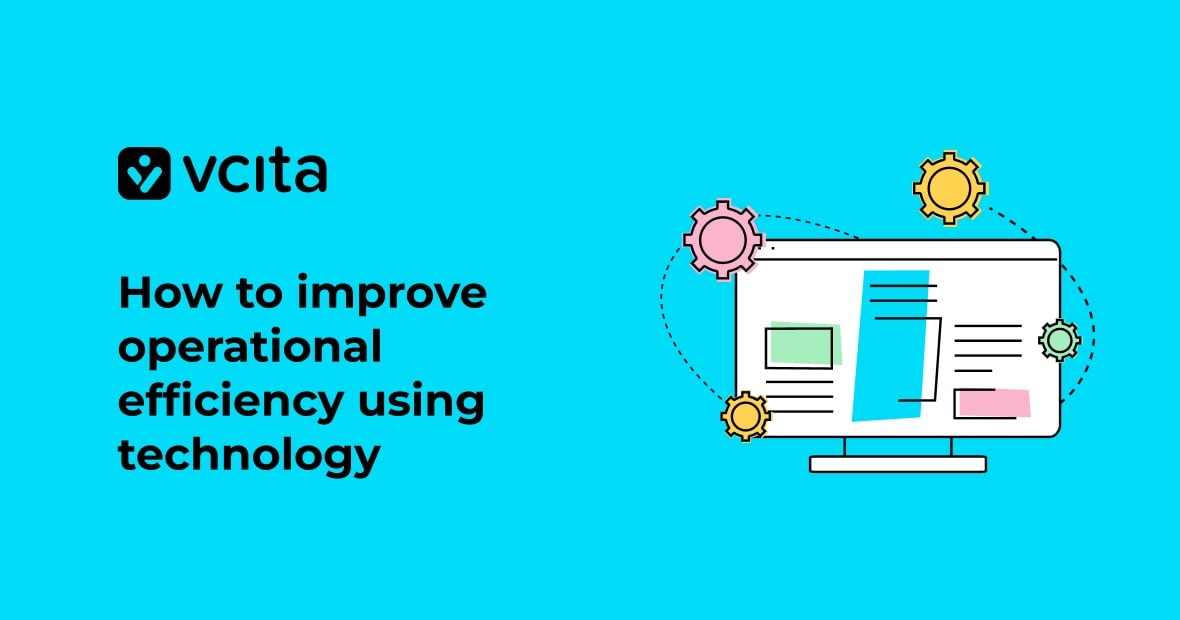As a small business owner, you might have heard or read references to a discovery call. Now you’re wondering, “What is a discovery call?” and how much does it matter to your business?
We’re glad you asked, because a discovery call is very important for small business owners and it’s vital to get it right. Discovery calls are about building rapport, identifying key decision makers, uncovering your prospect’s pain points, and determining if your product or service can help.
Read on to learn more about the art of discovery calls and how they can help you start closing more deals.
What is a discovery call?
A discovery call refers to the first conversation you have with a potential new client. It’s an opportunity to get to know them better, build rapport, and determine if you’re a good fit to solve their problem.
The goal of a discovery call is to understand the prospect’s pain points and decision making process, so you can propose your product or service as a good solution for their needs. It allows both parties to make an informed choice about moving forward before investing a lot of time and resources.
An effective discovery call should feel like a casual conversation, not a sales pitch. It should include open-ended questions and active listening. Top performing reps use open-ended questions with powerful case studies and testimonials, to have great discovery calls that lead to closed deals and happy clients.
Why discovery calls are critical for sales success
Discovery calls are critical for sales success because they help build rapport, uncover pain points, and position your solution strongly as a good answer to their needs. As the first conversation you have with a prospect, a good discovery call sets the stage for strong customer relationships and more sales.
Top performing sales reps know that the more you understand your prospect’s needs, the better you can determine if you’re the right solution. If done well, a discovery call can lead to a closed deal and a long-term client relationship. With practice, discovery calls can become a key tool for converting more prospects into customers, and drive the success of your sales reps or sales call center.
How to have an effective discovery call
A discovery call is the first conversation you’ll have with a prospect, so you need to make sure it goes smoothly. Here are some tips for conducting an effective discovery call.
Active listening to build trust
On a discovery call, focus on building rapport and listening actively. Ask open-ended questions about the prospect’s business and goals, and show interest in learning about their concerns. Focus the discussion on how you can help them achieve their goals. This helps establish trust and creates a connection, increasing the likelihood of closing a deal.
Ask the right questions to uncover pain points
Have a list of discovery call questions ready to learn details like their key pain points, priorities, and decision-making process. Ask open-ended questions about who the key decision makers are, what products or services they currently use, and what their ideal solution may look like. Pay attention to the problems they want to solve, and take note of pain points you can address.
Position your solution for their needs
A great discovery call also allows you to explain how your product or service meets the prospect’s needs. Share relevant case studies or testimonials to build credibility, and explain the benefits and outcomes they can expect. This positions your solution as the logical choice to solve their pain points.
Share relevant examples
As the prospect shares the challenges they’re facing, give examples of how you’ve helped similar clients. Discuss case studies or testimonials about situations that match their concerns and needs. This helps build your credibility and gives them an idea of what working with you may look like.
Determine the next steps
End by summarizing what you discussed and determine next steps. If it’s a good fit, schedule a follow up call or meeting to map out solutions. If not a match at this time, ask if you can keep in touch for the future. Don’t expect to close the deal right then and there — a discovery call is only the start of your sales discovery process.
Top 7 discovery call questions to ask prospects
The discovery call is the first conversation you’ll have with a prospect, so come prepared with open-ended questions to get the prospect talking. Here are the 7 best discovery call questions that you could ask your prospects.
What are your biggest challenges right now?
This opens the discussion and helps you identify their priorities and pain points. Listen for issues your service can solve.
What would success look like if we were able to solve those challenges?
This helps visualize the outcomes and value of working together. Look for ways your case studies or testimonials align with their goals.
Who else is involved in the decision making process?
Knowing the key players and influencers helps you tailor your messaging and follow up appropriately. Ask open-ended questions to learn each person’s role and priorities.
What does your decision making process look like?
Knowing not just who makes the decisions, but how they arrive at those decisions, can help you know what information to share to speed the process along.
What have you tried so far to solve these issues?
Understanding their efforts to date, experiences with similar products or services, and outcomes helps determine if and how you can do better at solving their problem.
What questions or concerns do you have about my service?
Addressing concerns and questions upfront builds credibility and trust. Be prepared to give examples and data to overcome objections.
What’s your timeline?
Learn where they are in the buying process and what still needs to happen to move forward. This helps set proper expectations around follow up and next steps.
The discovery call is the first step to closing more deals. Asking the right discovery call questions, listening actively, and determining if there’s a good fit will lead to a great discovery call where you gather the information needed to build a tailored solution. With practice, conducting an effective discovery call will become second nature, allowing you to focus on the prospect and build the rapport that top performing reps rely on to drive sales.
Discovery call mistakes to avoid
Avoid these common mistakes and you’ll be on your way to a great discovery call.
- Not building rapport
Rapport and trust are the foundations of a successful sales relationship, and the discovery call is the first opportunity you’ll have to build that rapport. Ask some personal questions and listen actively to show you’re interested in them.
- Asking closed-ended questions
Open-ended questions are key to a good discovery call. Questions like “tell me about your business” or “what are your main priorities this year?” encourage the prospect to share details about their situation. This helps you understand their needs better so you can determine if you’re a good fit to help solve their problems.
- Not listening actively
It’s easy to get caught up in selling your product or service, but the discovery call is about listening. Pay close attention to the prospect’s pain points, priorities, and decision-making process. Ask follow-up questions to make sure you understand fully before proposing any solutions. Your listening skills will set you apart from other sales reps.
- Pitching too soon
A discovery call is not a sales call. Avoid pitching your product or service or going into case studies and testimonials. Focus on building rapport, asking questions, and listening. Let the prospect guide the conversation to what’s important to them. When you understand their needs, you’ll be in a much better position to propose solutions that specifically fit their situation.
- Forgetting the decision-makers
Make sure to ask who else is involved in the decision-making process. Even if you have a great discovery call with one member of the team, the deal won’t close without input from other key players. Ask questions to determine all parties involved so you can follow up and build rapport with each one. Covering all your bases with the prospect team is key to moving the deal forward.
Your discovery call skills will drive more sales
As you move through the sales discovery process and start building rapport through active listening and asking discovery call questions, remember that the discovery call is the first conversation to see if you’re a good fit to solve this problem. A good discovery call sets you up for sales success, so take this advice and start having those sales conversations today.




























